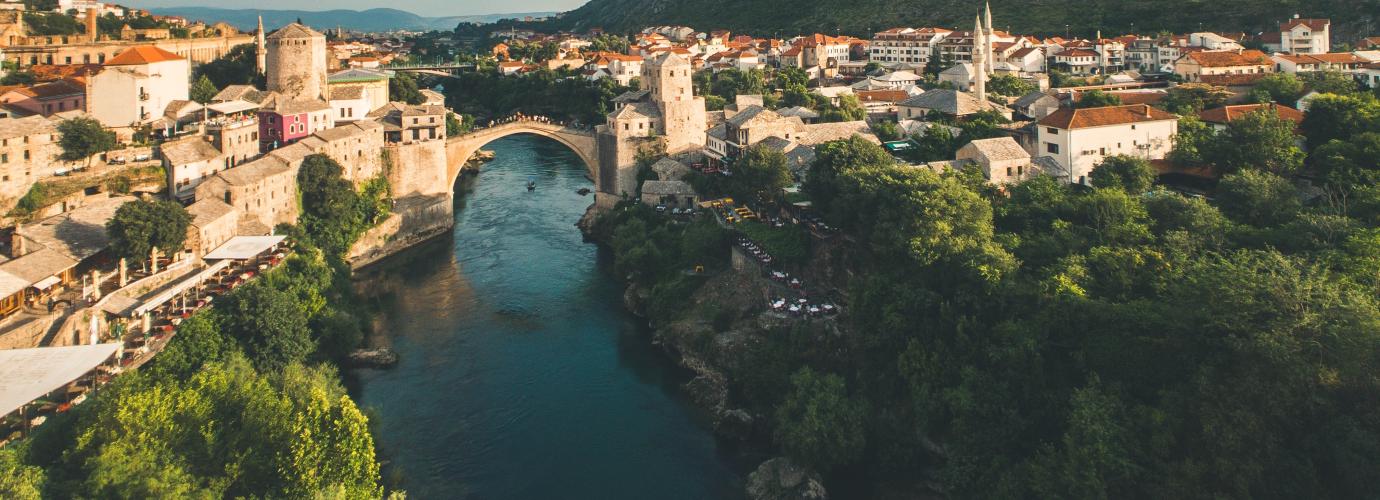2024
There were no reforms.
2023
The Agency for Preschool, Primary and Secondary Education of Bosnia and Herzegovina as a local partner of the EQET SEE project continues to carry out activities at the regional and BiH level in 2023.
Within the framework of the first component of the EQET SEE project (VET component), the development of the occupational standard of Agrotechnician of organic and traditional production and the occupational standard of Locksmith was completed. The development of the standard for the qualification Agrotechnician of organic and traditional production and preparations for the development of the standard for the qualification Locksmith are underway.
Within the framework of the project component Improving the quality of education, the development of the Competence Standard for external evaluators was completed. Work is underway on the preparation of recommendations, presentation and analysis of the best practices in the implementation of the process of external evaluations in the region, as well as work on the preparation of questionnaires for the analysis of the necessary training of external evaluators.
2022
The Government of Sarajevo Canton adopted Pedagogical standards and norms for secondary education.

